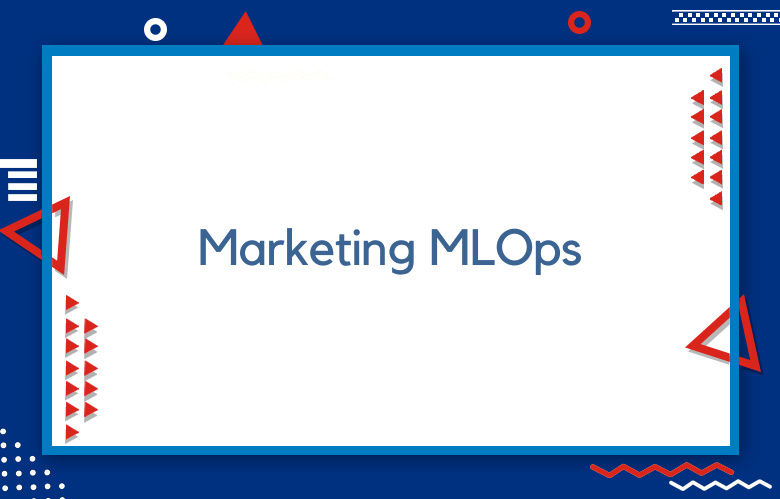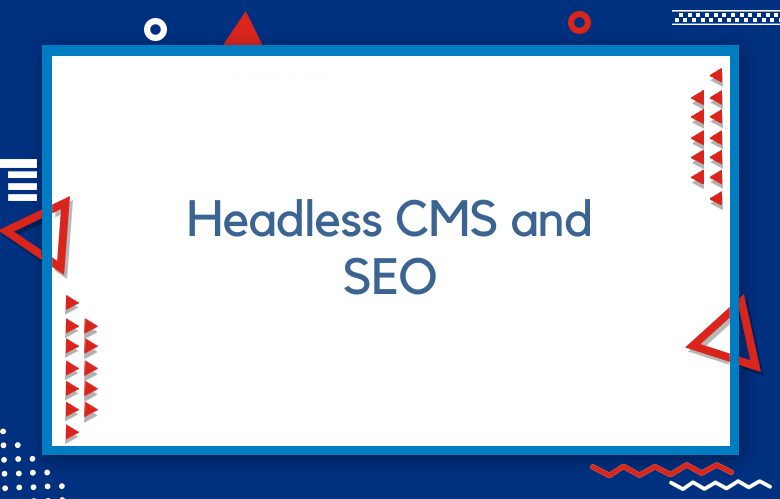Marketing MLOps – The Next Big Thing

The marketing world is constantly evolving with new technologies and trends. One such trend that has shown its potential to revolutionize marketing operations is MLOps (Machine Learning Operations).
The combination of machine learning with operations is called MLOps and is a rapidly growing trend across industries. It has great potential to transform the marketing landscape with its ability to make data-driven decisions. This blog will discuss marketing MLOps and their potential as the next big thing in marketing.
What is Marketing MLOps?
Marketing MLOps refers to applying machine learning models and techniques to marketing operations to optimize decisions.
It is a powerful approach to enhancing marketing efficacy by analyzing data from various sources, including CRM, social media platforms, and user behavior patterns.
Using data-driven insights, MLOps can help predict trends, target audiences more effectively, and optimize marketing campaigns.
How can MLOps Enhance Marketing?
MLOps can provide in-depth insights into customer behavior and trends, which can help businesses make more informed decisions regarding their marketing campaigns.
For example, MLOps can analyze consumer purchase patterns and identify patterns that aren’t immediately recognizable to humans.
This information can then be used to optimize promotional campaigns, product recommendations, and personalized content. By using MLOps, marketing teams can identify underperforming campaigns and adjust them to improve their ROI.
The Role of AI in Marketing MLOps
In MLOps, AI (Artificial Intelligence) plays a crucial role in analyzing large volumes of data and providing insights.
AI technologies like natural language processing (NLP), computer vision, and predictive analytics are essential in helping marketers extract insights from data and optimize campaigns.
These technologies enable MLOps to provide high-level customer insights, behavior patterns, and trends.
Applications of MLOps in Marketing
MLOps can be applied to multiple marketing areas, such as personalized advertising, customer relationship management (CRM), and content creation.
Businesses can create highly personalized campaigns by analyzing different aspects of the customer journey at a granular level.
Moreover, businesses can use MLOps to manage customer interactions, leading to better engagement and higher lifetime value.
With MLOps, businesses can also create automated content optimized for conversion, which can lead to increased engagement and revenue.
Marketing MLOps – The Future of Marketing
Marketing MLOps is the application of MLOps to marketing. It is the integration of machine learning into the marketing process.
Marketing MLOps helps to streamline the marketing development lifecycle and enables faster delivery of marketing campaigns.
With Marketing MLOps, companies can gain insights into customer behavior and preferences.
They can understand the customer’s journey and optimize their experience with their product or service. Marketing MLOps enables companies to personalize their marketing messages at scale and precisely target their audience.
Deployment of MLOps in Marketing
The deployment of MLOps in marketing is a complex process. It requires expertise in data science, IT operations, and marketing.
Companies need to build a team of experts who can work together to design, develop, and deploy machine learning models for marketing.
They need reliable and scalable infrastructure to support the deployment of these models. Marketing MLOps also requires continuous monitoring to ensure the models function correctly and deliver accurate results.
MLOps in Action
The implementation of MLOps in marketing campaigns can be observed in various industries. Many companies use MLOps to improve their marketing strategies by optimizing their campaigns and reaching the right audiences.
For example, Netflix uses MLOps to improve user experience by showing users personalized recommendations based on their viewing history.
Another example is Coca-Cola, which used MLOps to target local markets with hyper-personalized ads. These examples show that MLOps can be a game-changer in marketing campaigns.
The Future of Marketing MLOps
MLOps is still in its early stages of implementation, but it has immense potential to transform the marketing landscape as we know it.
As more companies adopt MLOps, we expect more personalized marketing campaigns and improved customer experiences.
With the advancements in AI and automation, the capabilities of MLOps are continuously expanding, and we can expect to see more innovative solutions in the future.
Why does MLOps Matter, and What Benefits Does it Offer for Marketers?
In today’s data-driven marketing landscape, ML has become a critical tool for marketers to analyze customer behavior, predict their preferences, and personalize their experiences.
However, the manual ML process is time-consuming, error-prone, and resource-intensive, making it challenging for organizations to leverage ML effectively.
MLOps addresses these challenges by automating and simplifying the ML process, enabling marketers to build and deploy ML models faster and more efficiently. This results in several benefits, such as:
- Improved scalability and reliability of ML models
- Faster time-to-market for ML-driven initiatives
- Better alignment of business goals with ML outcomes
- Increased customer engagement and satisfaction
- Cost savings and operational efficiencies
Challenges of Marketing MLOps
The Challenge of Data
Data is the foundation of any machine learning model. However, marketing data is often difficult to obtain, fragmented, or inconsistent, making it challenging to build and train models that accurately predict customer behavior.
To overcome this challenge, MLOps marketers must ensure they have a clear understanding of the different data sources available and how to integrate them to create a cohesive and accurate dataset. They must also work with data scientists to develop solutions to clean, aggregate, and enrich the data.
The Challenge of Interpretability
One significant advantage of machine learning is its ability to identify patterns and make predictions that humans might miss.
However, this comes with a tradeoff–machine learning models can take time to interpret. For example, the model might predict that a customer will buy a particular product, but it sometimes needs to be clarified why.
This lack of transparency can create a lack of trust and muddy the decision-making process.
Therefore, MLOps marketers must work with data scientists to develop accurate and interpretable models so that they can be confident in their predictions and make informed decisions.
The Challenge of Automation
Another critical benefit of machine learning is the ability to automate repetitive tasks, freeing up marketers to focus on more strategic work.
However, automating marketing processes has its challenges. One of the most significant issues is identifying the most valuable tasks to automate.
MLOps marketers must work closely with business stakeholders to identify and prioritize those tasks and then design and implement automation processes that accurately reflect customer behavior.
Conclusion
Marketing MLOps has immense potential to transform the way businesses approach marketing. By using data-driven insights, companies can optimize their campaigns, target the right audiences, and improve customer experiences.
As more companies adopt MLOps, we expect to see a shift towards more personalized marketing strategies. The future of marketing with MLOps is promising, and businesses that embrace it can expect to gain a competitive edge in their industry.
Call: +91 9848321284
Email: [email protected]



